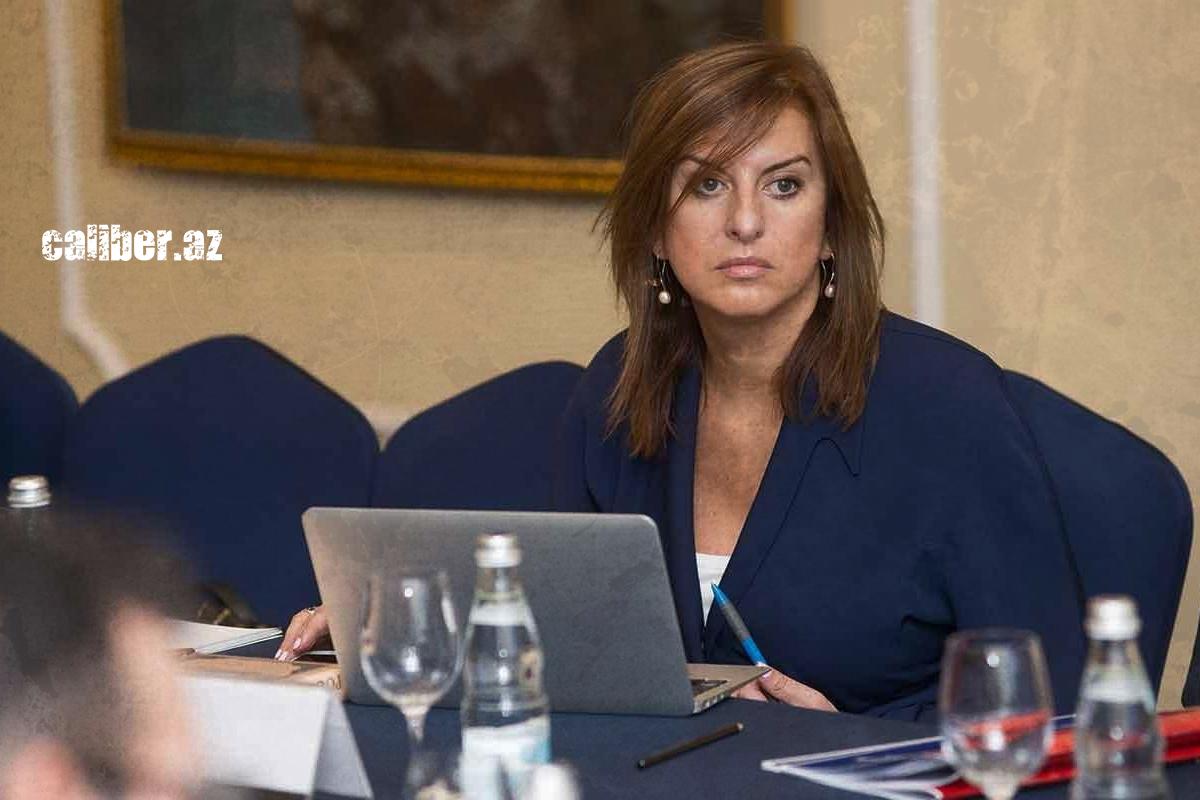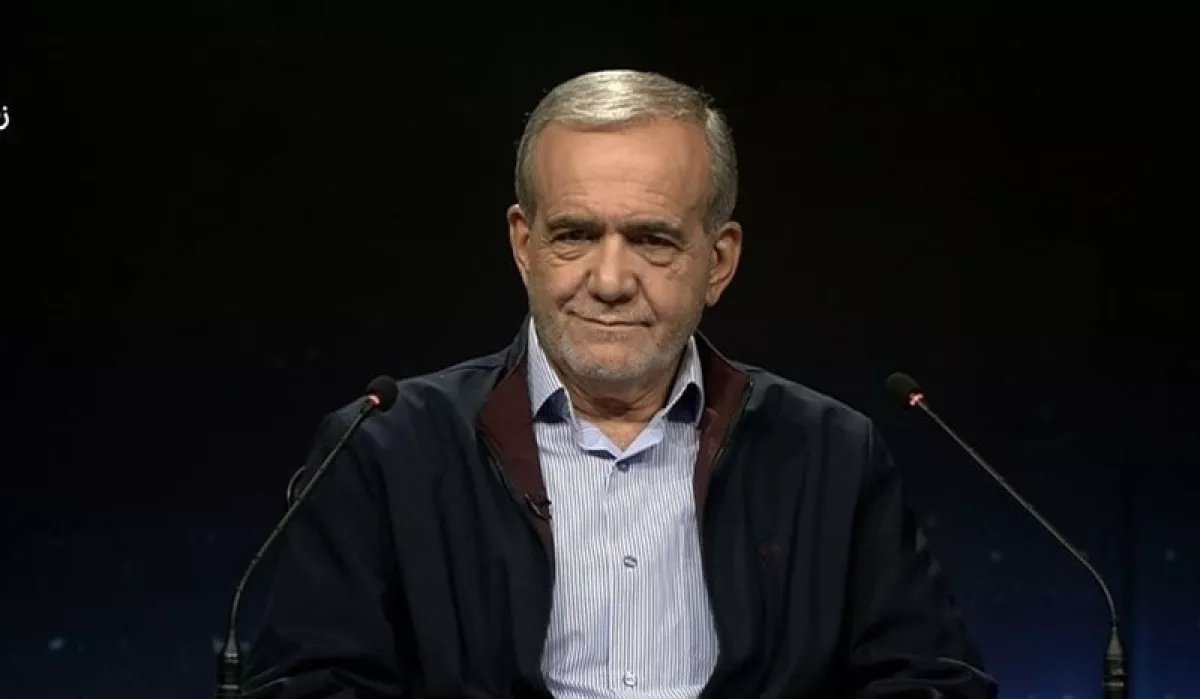Iran’s hijab law controversy: A battle between reformists and conservatives Expert opinions on Caliber.Az
A conflict has erupted within Iran's leadership over the hijab law. The new bill, proposed by the parliament, seeks to tighten requirements for the mandatory wearing of the hijab by women and imposes severe penalties for violations. However, Iranian President Masoud Pezeshkian has vetoed the law, fearing it could trigger new public unrest.
According to the Iranian publication Hamshahri, the president has referred the matter to the Supreme National Security Council, the primary body responsible for making key decisions in Iran.
Amid public pressure and disagreements within the government, the law's adoption has been suspended. Despite threats of punishment, many women in Iran's major cities continue to openly oppose the mandatory hijab requirement.
The ongoing events raise an intriguing question: what do they reveal? Is this a visible manifestation of the behind-the-scenes power struggle between the country’s political factions, particularly the conservatives and reformists? Or is there something more at play? Which side is the Supreme Leader, who has the final say in Iran, likely to support in this situation?
Renowned experts on the country shared their insights on this matter with Caliber.Az.
Iranian political analyst and specialist in Russian-Iranian relations, Amir Mohammadi Chahaki, emphasizes that it is important to consider that the bill on "chastity and hijab," despite widespread protests across different segments of society—from young women to moderate and reformist politicians—was passed by members of parliament who were elected with minimal public participation.

"Although the legal deadline for submitting this bill to the government expired on December 14, 2024, Parliament Speaker Mohammad Bagher Ghalibaf has not sent it for approval to President Masoud Pezeshkian.
According to the Constitution of the Islamic Republic of Iran, the president does not have veto power, and in the case of official publication, the bill is mandatory for implementation by state and security agencies. However, Dr. Pezeshkian recently stated that the law cannot be implemented. This was met with a strong reaction from influential traditional conservatives.
According to unofficial sources, the Supreme National Security Council of Iran has sent a letter to the parliamentary praesidium requesting that the bill not be published for the time being. It appears that the government intends to propose amendments to the bill to modify the existing text," says the political analyst.
According to him, Pezeshkian is facing significant challenges in governing the country.
"Economic difficulties, rising inflation, the energy crisis, and problems with supplying electricity and gas to homes and industrial enterprises have led to widespread public dissatisfaction and disillusionment among the 16 million people who voted for him. The adoption and implementation of this restrictive law against women could trigger large-scale protests, particularly among young women and girls.
In addition to domestic issues, Iran’s complex foreign policy has further exacerbated the situation: the fall of Bashar al-Assad’s regime in Syria, the intensifying conflict with Israel, and international pressure have placed the country in a difficult historical position. Under these circumstances, any social protests, especially those led by women, could spiral out of the authorities’ control," the expert warns.
He points out that Supreme Leader Ayatollah Ali Khamenei has remained silent so far, but it is clear that it was under his instruction that the Supreme National Security Council intervened and temporarily suspended the publication of this law.
"In any case, the demands of society, especially young women and girls, go beyond simple amendments to the hijab law. The majority of Iranian society, including both men and women, are calling for the repeal of the mandatory hijab and for freedom of choice in clothing.
The leadership of Iran faces a tremendous challenge: the demands of Generation Z and even Generation X are in stark conflict with the traditional and existing laws of the Islamic Republic, which could have profound and far-reaching consequences for the country's authorities," concludes Chahaki.

Lana Ravandi-Fadai, Associate Professor of the Contemporary East in the Department of History, Political Science and Law at the Russian State University for the Humanities and Senior Researcher at the Institute of Oriental Studies of the Russian Academy of Sciences, notes that the struggle between conservatives and reformists is indeed gaining momentum within Iran’s political system.
"After significant defeats suffered by pro-Iranian forces in the Middle East at the hands of Israel and the Syrian opposition, a sense of disillusionment has emerged among certain Iranian conservatives. In their view, the current reformist president is pursuing an overly indecisive policy on the international stage. As a result, disagreements have intensified on domestic issues as well. President Masoud Pezeshkian 'counterattacked' and suspended the adoption of the new, very stringent hijab law, which is being lobbied by conservatives, and which they aim to pass in the context of growing secularization and the reluctance of Iranian women to wear the hijab," the expert explained.
However, she would not exaggerate this divide.
"The country is seeking the removal of sanctions, which have a severe impact on the economy, and therefore many conservatives understand Pezeshkian's policy of seeking a compromise with the West. However, the most hardline conservatives—members of the Majlis and the Islamic Revolutionary Guard Corps (IRGC)—are indeed unhappy and believe that due to Pezeshkian's indecisiveness, the country has lost key allies in the region, including Hezbollah and Syria.
As for the position of the Supreme Leader (rahbar), he is likely to make concessions as well to ease the accumulated tension and will allow, if not the cancellation, at least a significant softening of the bill. The Supreme Leader has not openly expressed support for Pezeshkian but does not interfere with his decisions," the associate professor emphasised.

As for Iranian women's behaviour in reality, during her last trip to Tehran, she observed that in restaurants and cafés, most Iranian women sit without hijabs, and on the streets of Tehran, especially in the northern and central parts, many women and girls also do not wear the hijab.
"The key point is that, in many cases, the morality police turn a blind eye to this. The fact is that secularization in Iran has progressed very far; many women in large cities have distanced themselves from the conservative interpretation of Islam and no longer feel the need to wear the headscarf. Some even want to live as freely and casually as Western women do. This is reflected in their appearance—there is a kind of quiet protest by secular women against the Islamic government: they refuse to wear the hijab. The only places in Tehran where strict enforcement of the hijab still takes place are state institutions (schools, universities, offices, etc.)—where the hijab remains mandatory. But as soon as secular women leave these institutions and step onto the street, they take off their hijabs—if they know that the morality police in that area are lenient towards such women. Of course, there are cases when the morality police detain women without hijabs and fine them, especially in the provinces. However, overall, under the more liberal leadership of Pezeshkian, the enforcement of the hijab is not as strict as it was under his predecessor, Raisi. This change brought about by the reformist president is altering society, with fewer efforts to enforce bans and restrictions," concludes Ravandi-Fadai.








